Having a tooth extraction is a pretty straightforward process. It sounds scary and painful, but once the process is complete, the healing starts and the issues you experienced go away. For example, if you were suffering from pain and headaches due to impacted wisdom teeth, extraction reduces the risk for infection while also alleviating these symptoms. However, as with any procedure, how you manage your post-extraction care has a major impact on how well you heal. So if you’re wondering if you can smoke after a tooth extraction, our answer is a resounding ‘No’! Here’s why.
Smoking Might Have Caused The Need For Extraction
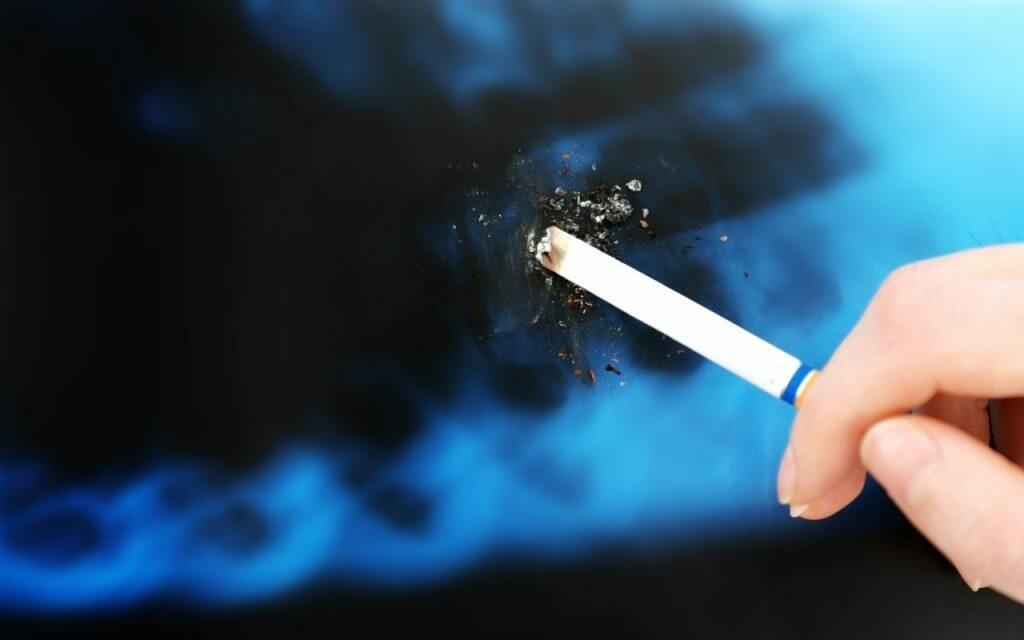
Well, there are several reasons you might have needed an extraction; smoking can actually increase the risk for a long list of dental issues. Smoking can make it harder to have excellent oral health practices. So, understanding right off the bat that smoking is bad for oral health is the first reason you can’t smoke after tooth extraction. But why is smoking so bad for your teeth? First, it increases your risk for periodontal disease, especially gingivitis. Your smoking habit inflames your gums which in turn speeds up the production of cytokines.
Next, if you have wisdom teeth coming in, this spot is already at risk for bacteria growth. This is because of their awkward location way at the back of your mouth. Add to this a smoking habit and it increases the risk of bacteria thanks to the nicotine introduced into your mouth via the cigarettes.
Looking At Common Causes Of Extraction
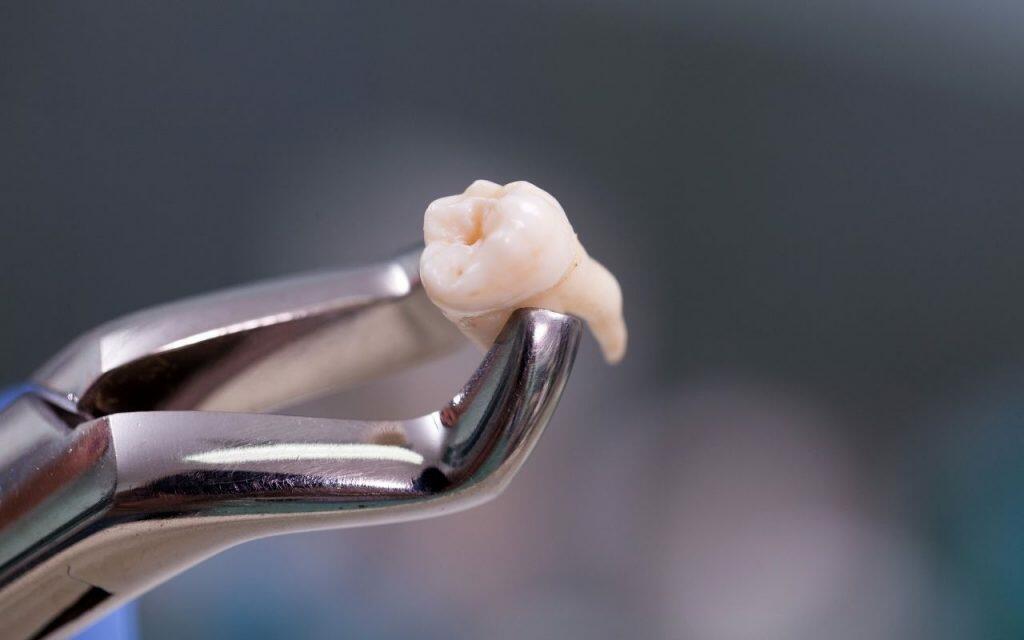
What if we look at the most common causes for tooth extraction – does this tell us anything about smoking and the procedure? Yes, once again, smoking ends up being a contributor to many of the causes including:
- Severe, deep tooth decay: As mentioned, because smoking interferes with oral hygiene, it increases the risk for tooth decay. If left too long, you can experience a deep infection that reaches the pulp. While we’ll do our best to save the tooth through a root canal, when too severe, extraction is the only treatment.
- Impacted molars: This is when your wisdom teeth have difficulty erupting. While this can happen to anyone, poor oral hygiene can increase the risk for infections that require extraction. Remember, smoking increases the risk for infection due to bacteria caused by nicotine.
- Loose teeth from periodontal disease: Last but not least is that progressive periodontal disease can lead to loosening teeth. Again, the answer here is extraction, and again, the cause of the periodontal disease is worsened if you smoke.
So as you can see, there is a pattern forming here which is that smoking increases the risk for oral health issues, and in turn extractions.
How Smoking Interferes With Healing
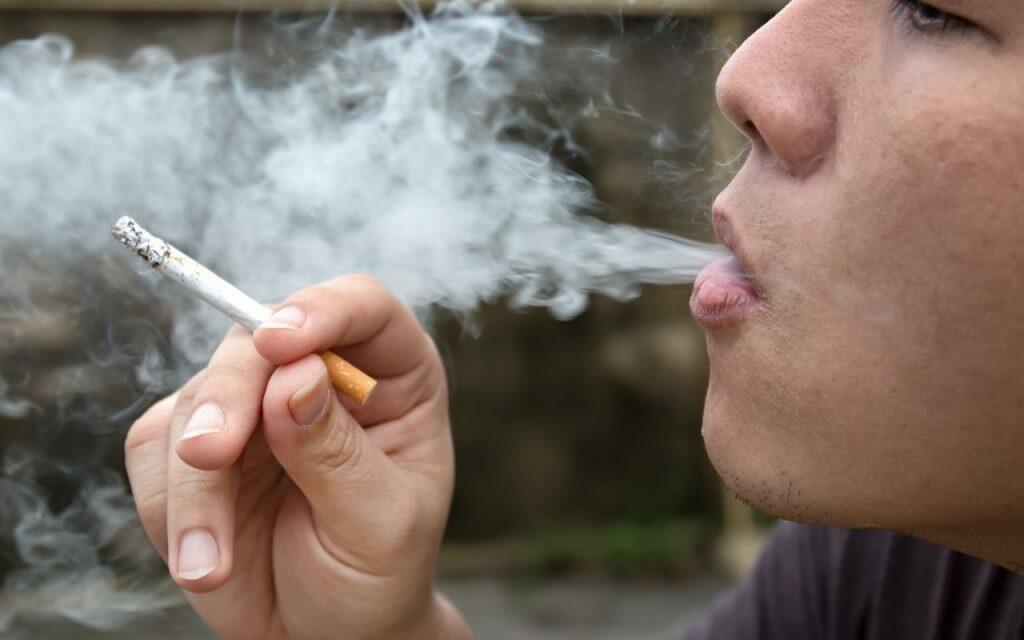
As mentioned, extractions today are pretty straightforward. As long as you follow our post-extraction instructions, you should see healing take its course without complication. However, it just takes one missed step to cause issues including:
- Dry socket: When your tooth is removed, your body creates a blood clot that we can think of like a scab that needed to heal. It protects the hole left behind from the extraction allowing the area to heal properly. However, if the clot is removed too soon, it leads to a very painful condition called dry socket. Along with the clot your body produces, fibroblasts are also needed in the whole wound healing process. So why does smoking lead to dry sockets? The same reason using a straw does. We also ban straw use for at least 48 hours following an extraction. What does this have to do with smoking? You use the same oral mechanics to suck on a straw as you do to puff on a cigarette. This sucking motion can dislodge the blood clot we mentioned, leading to a dry socket.
- Risk for bleeding: Once the surgery is complete, you experience some bleeding which will subside by the time you get home. However, smoking increases your blood pressure which can cause longer, more serious bleeding.
- Bone healing: There is carbon monoxide in your blood when you smoke, which decreases the oxygen needed to help heal the wound. Since the carbon monoxide in your blood interferes with gum healing it also causes issues during the bone creation process.
- Pain: Healing reduces pain. However, when you smoke, healing is slowed which means you could suffer from more pain at the site. Since tobacco actually damages your healing tissue, and less oxygen prevents nutrients from reaching the site of the extraction, you are more likely to experience pain.
- Infection: For all the same reasons above, you are more likely to develop an infection at the site of the surgery.
Smoking really increases your risk of poor healing, infection, and a dry socket.
What’s The Big Deal About Dry Sockets?
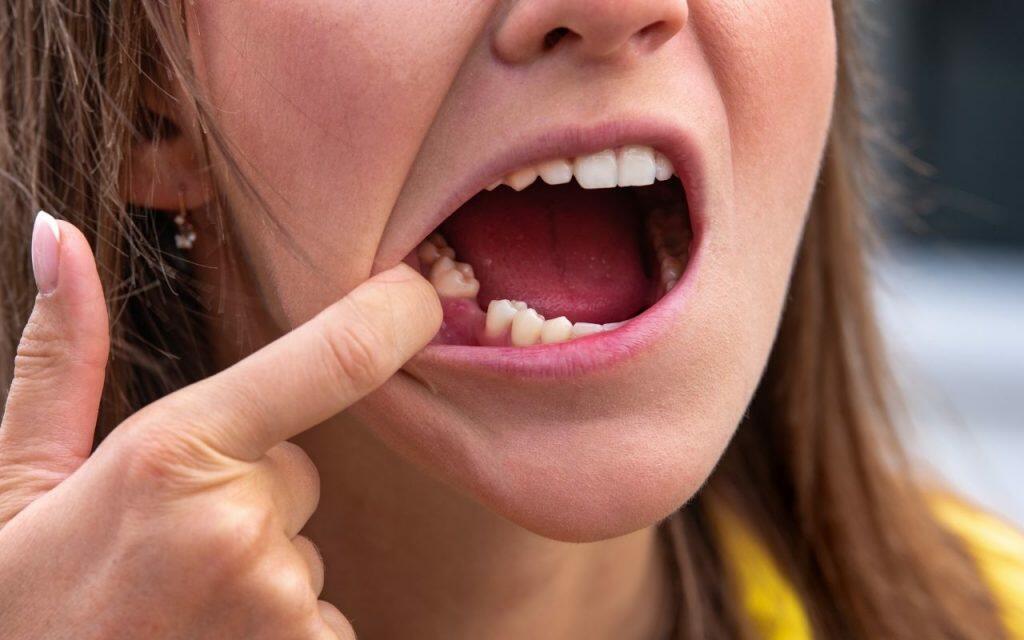
Also known as an alveolar osteitis, a dry socket is a very serious issue. The cringe-worthy explanation is that the socket is not in the gums, but instead, the actual hole left behind when the root is removed from your jawbone. The blood clot we keep mentioning plugs up this hole and protects your exposed nerves from being stimulated. Once dislodged, your nerves are exposed which is why dry sockets are so painful. But there’s more. You’re almost 100% guaranteed to get an infection at the site, which intensifies the pain and causes the pain you would have experienced for only a day or two to extend for a week or more.
So I Can’t Smoke At All?
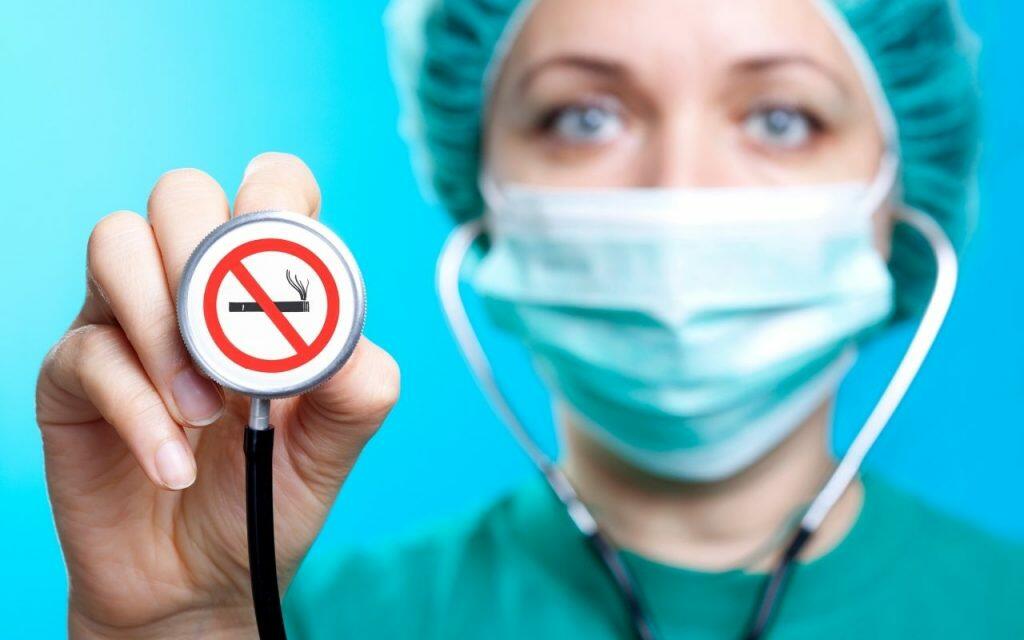
No, if you want to avoid all the problems above you can’t smoke at all. If you are suffering from severe withdrawal do your best to hold out for at least 72 hours before you give in to your addiction. The longer you hold off, the better your healing process. You’ll avoid the pain of a dry socket, and be back to normal quickly. The only other option is to rinse your mouth with warm salt water whenever you smoke. You can still get a dry socket, but it might help prevent infection.
Call today to schedule an appointment at 905-775-5307 or click here to request an appointment.
